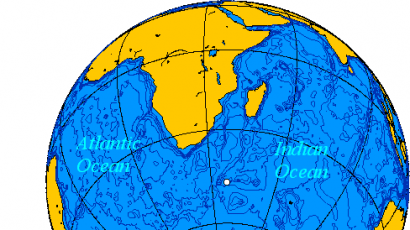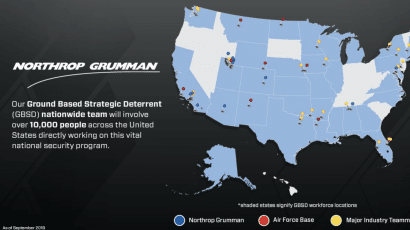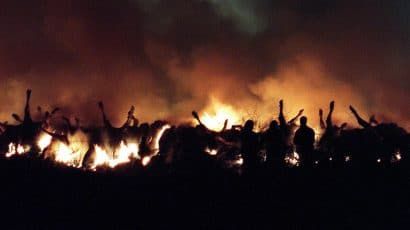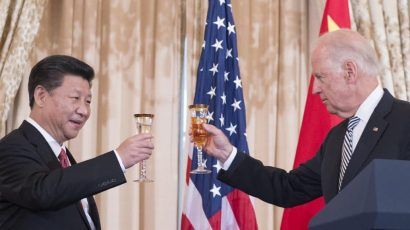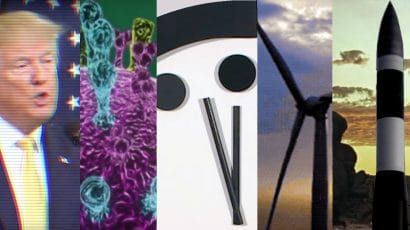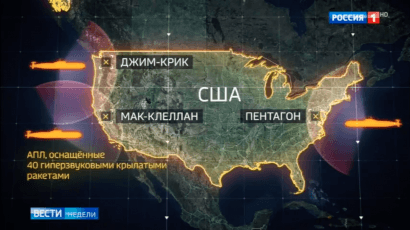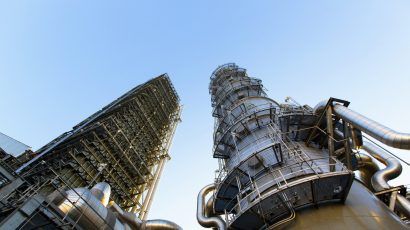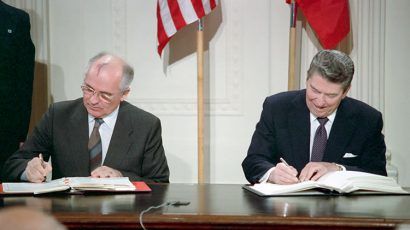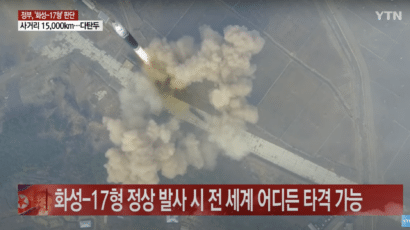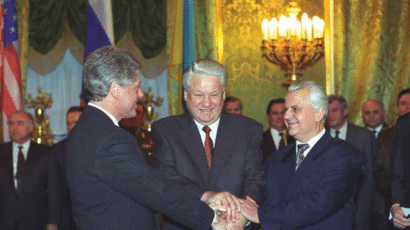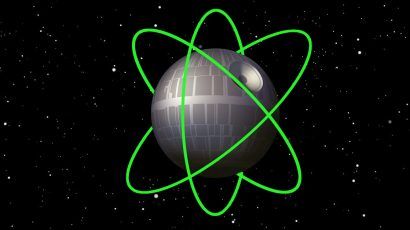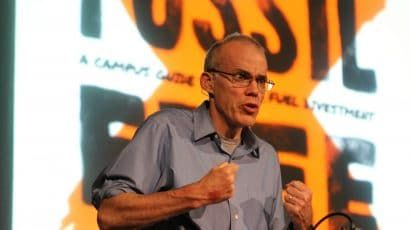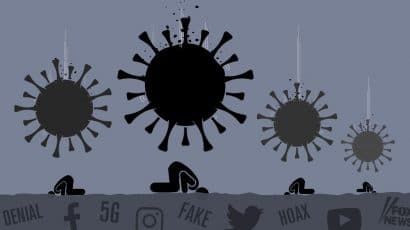Search results for trump
One of the key elements of any deal to denuclearize North Korea will be easing the many-layered sanctions regime that the United Nations and countries around the world have placed on the North. On paper, these sanctions impose restrictions on financial transfers, seafood imports, oil and gas trading, and a host of other activities. In … Continued
A double-flash from the past and Israel’s nuclear arsenal
Two respected scientists have confirmed that a 1979 "flash" seen by a US Vela satellite was a nuclear explosion, probably a test by Israel, perhaps with South African assistance. For the sake of future progress on arms control, on steps to reduce nuclear risk, and on honest public as well as private communication among governments and their constituents, it is time to end an existing double standard that has allowed Israel to escape accountability for developing advanced nuclear weapons by violating a major international treaty.
Interview: Tom Collina of the Ploughshares Fund on the politics of defense spending
The US Senate Armed Services Committee endorsed a 2022 defense budget of $778 billion, a $38 billion increase over the previous, enormous defense spending plan. Defense expert Tom Collina, director of policy at the Ploughshares Fund, talks with Bulletin Editor-in-Chief John Mecklin about how to bring Pentagon spending under control.
Hot zone in the heartland?
The new coronavirus has plunged us into an infectious-disease crisis. As we respond, the years-long debate over N.B.A.F. raises worrying questions about American biodefense policy. Will more bio-labs help us fight outbreaks? Or are we building too many labs in too many places?
Place your bets: Deep fakes and the midterms
Will AI-enabled fake videos play a role in this year’s elections? Researchers are willing to bet tiki drinks on the answer.
How Biden can improve European relations while pivoting to Asia
The US focus on East Asia has damaged European alliances—but doesn’t have to. A US effort to engage European allies should not only reinvigorate alliances but enhance efforts to manage East Asian security threats
Our best video and audio: 2019 in multimedia
A selection of the Bulletin's top multimedia stories this year—from tongue-in-cheek takedowns of misguided nuclear policy to youth sounding the alarm, literally, on climate change.
What would Russia nuke?
Last week, Reuters reported that a Russian television broadcast had identified five targets in the United States that Moscow would strike if nuclear war broke out. Although a spokesman for Russian President Vladimir Putin denied naming specific sites, the broadcast appeared on Russian state TV and included a video narrated by Dmitry Kiselyov, who … Continued
A White House strategy for fixing the climate?
According to a report from McClatchy’s DC bureau, two senior administration officials say the White House is developing a new strategy to demonstrate that it’s doing something about climate change: promoting a technology known as carbon capture and storage. The idea is to avoid regulation by focusing instead on innovation that would allow for the … Continued
The wrong response to Russia’s INF Treaty violation
If the US Congress wants Russia to return to compliance with the Intermediate-Range Nuclear Forces Treaty, they’re going about it all wrong.
New report: To limit climate change, food production must change dramatically
A leaked draft of a report on climate change and land use, which is now being debated in Geneva by the Intergovernmental Panel on Climate Change (IPCC), states that it will be impossible to keep global temperatures at safe levels unless there is also a transformation in the way the world produces food and manages land.
Poll: Americans, Japanese, and South Koreans don’t support using nuclear weapons against North Korea
As North Korea appears headed towards its seventh nuclear test, new research suggests the US, Japanese, and South Korean publics don’t want nuclear weapons used to counter future aggression.
La realidad es que la humanidad no podrá evitar indefinidamente el uso de armas nucleares
Un lector del Bulletin de nombre Ryan Alt sostiene en los comentarios de esta mesa redonda que «es muy difícil concebir un tratado de prohibición [de las armas nucleares] como algo más que una vana ilusión». Otro lector, Keith B. Rosenberg, escribe que «nunca debería hacerse un tratado que no tendrá adhesiones», básicamente, que el … Continued
Why the Ukraine war does not mean more countries should seek nuclear weapons
Following the Russian invasion of Ukraine, many observers concluded that the war offers a clear demonstration of the benefits of possessing a nuclear arsenal. But the benefits of nuclear status are not as great as some have claimed, while the potential costs have received little attention. A review of historical cases shows the limitations of what states buy when they get nuclear arms.
International anti-money laundering reforms and Iran
An intergovernmental body that promotes international anti-money laundering and counter-terrorism financing standards just kicked the can down the road when it comes to Iran. Which may not be such a bad thing, depending on your perspective.
Death Star: Ultimate weapon of mass destruction
The Star Wars series contains space battles, light-saber duels, wisecracking scoundrels, Jedi knights, and stirring music. The latest installment, Rogue One, adds another item: what are essentially nuclear weapons.
Internet-trading platforms: Making it easier to get around sanctions?
You can get anything you want on Internet-trading platforms like Alibaba. Which isn't good for nuclear proliferation control.
Interview: Author and activist Bill McKibben on the “timed test” of the climate crisis
Bill McKibben discusses his Substack newsletter, why he started a climate and democracy organization for Americans over 60, and how he would solve the climate crisis if he was in charge.
North Korea’s nuclear weapons: What now?
This week we begin the third and final round of the Development and Disarmament Roundtable on North Korea as tensions and rhetoric continue to escalate on the Korean Peninsula. Since the beginning of June, three distinguished experts have weighed in on the challenges that dog the international community regarding a nuclear North Korea. Each author … Continued
Apocalypse never: what coronavirus teaches us about doomsday denial
Even when the impacts of the apocalypse are overwhelmingly visible, people will still try to deny the reality.

